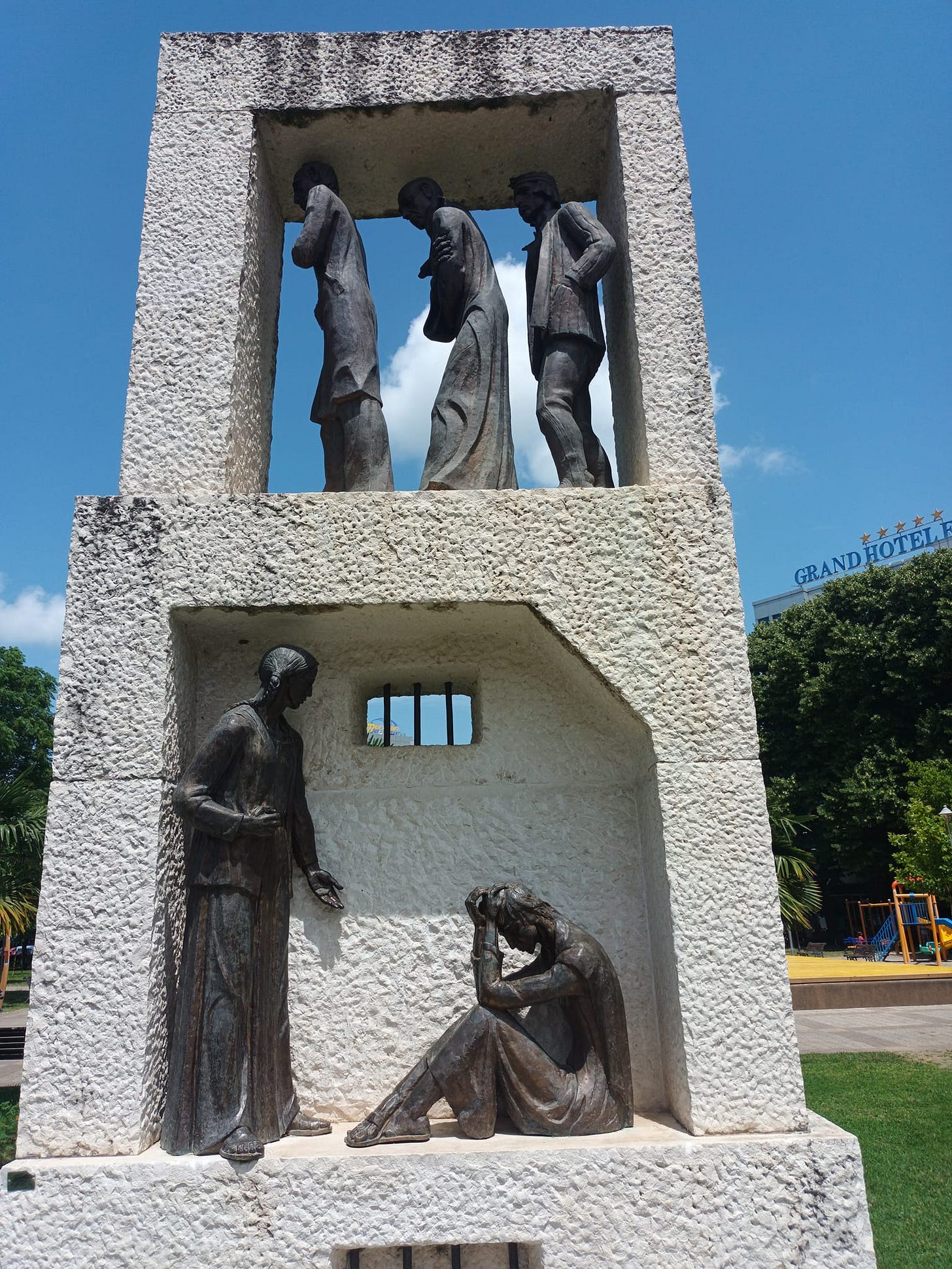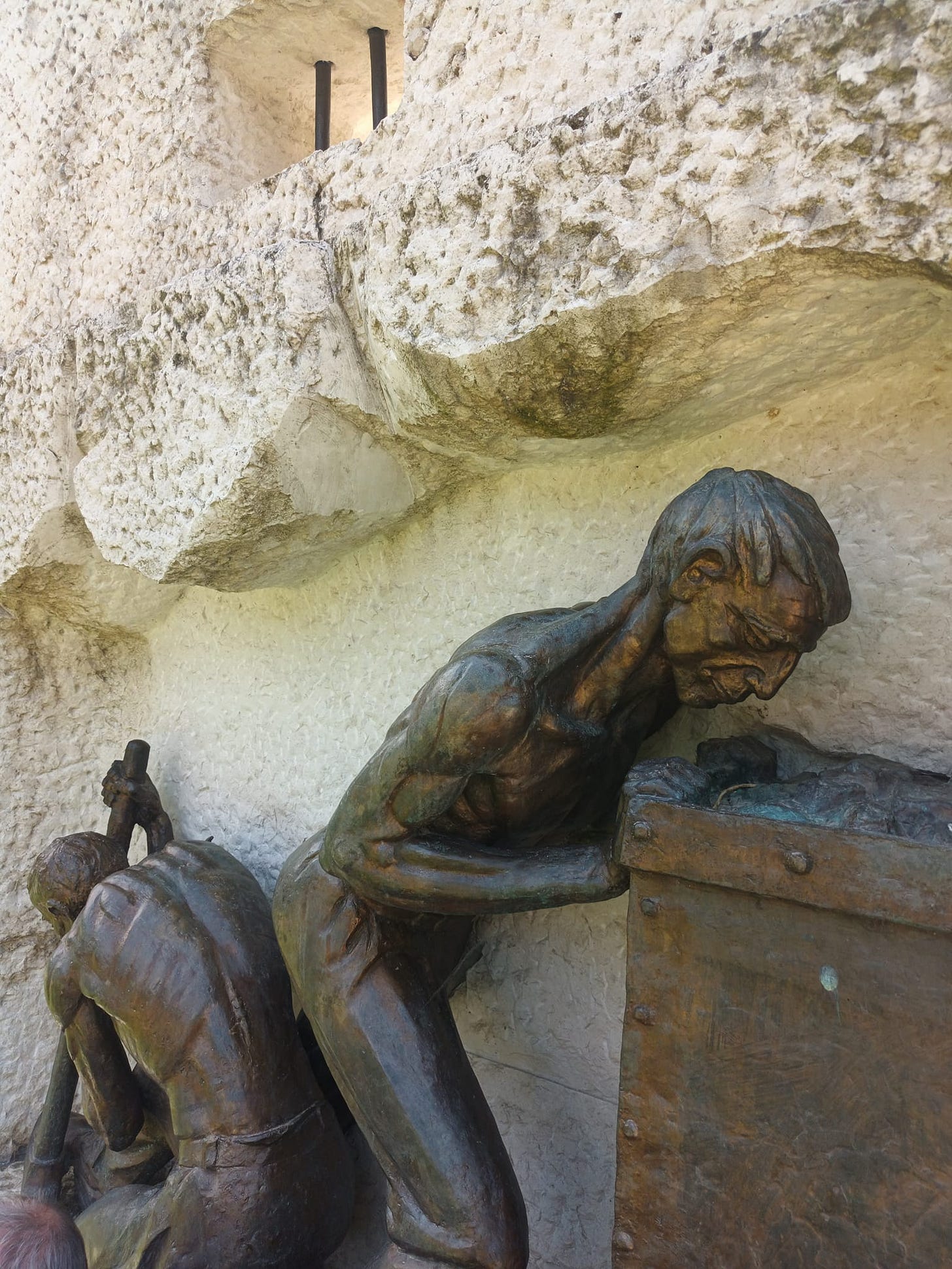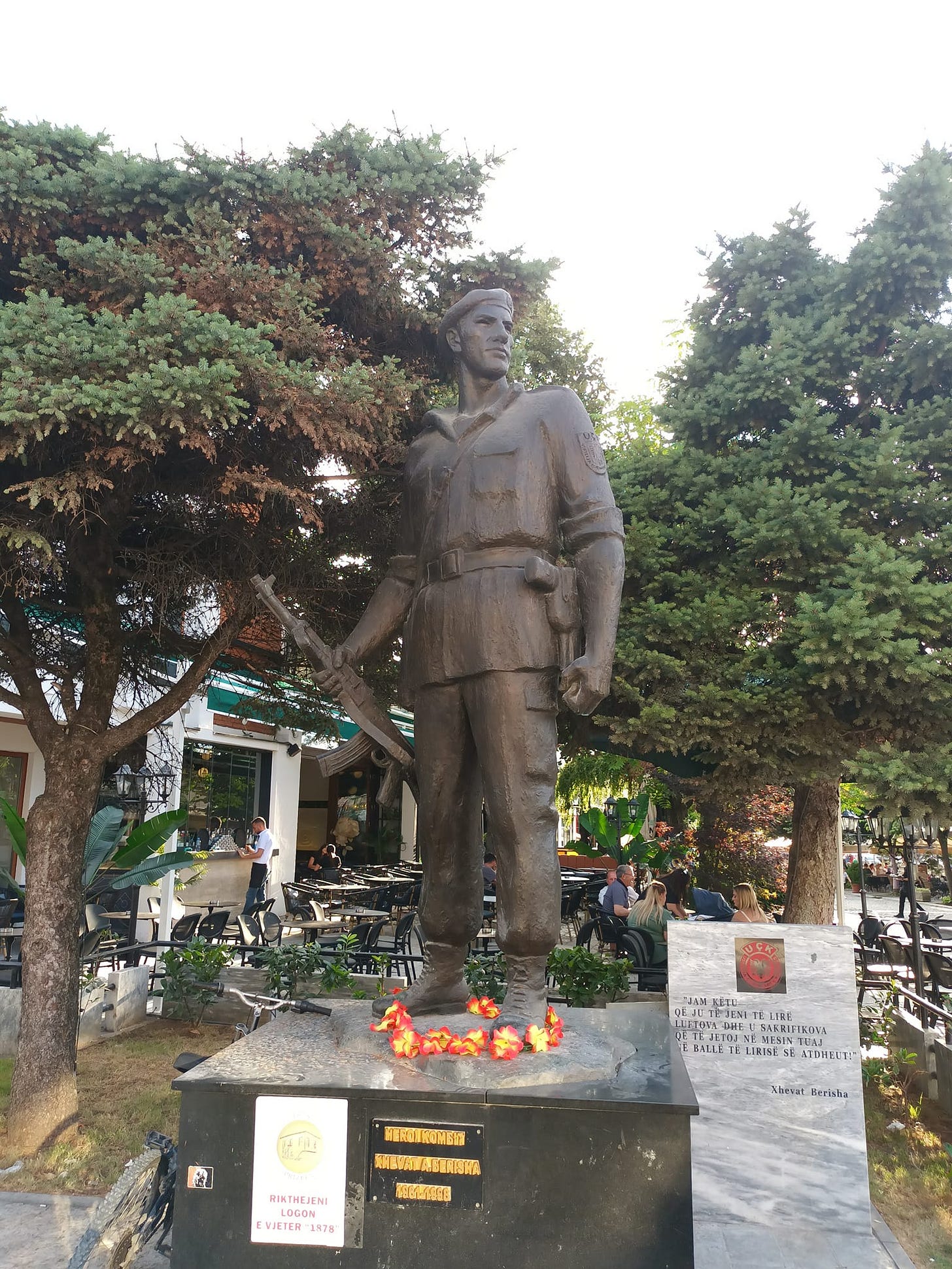That there are lots of Albanians in jail in the UK no one should doubt. Indeed, according to this article, one in 250 UK Albanians is behind bars - they are far more likely to be in jail than any other national, and second come the Kosovars, who are of course ethnically Albanian.
It is also clear that the Albanian Mafia is operating in most British towns and cities. They seem to specialise in vice, that is, prostitution, and in cocaine. They are clearly very well organised, importing the cocaine from South America, and very frightening people too, as they have forced out all the other gangs who once operated these criminal activities. Years ago Soho was dominated by Maltese - those days are long gone. The Albanians are now here.
Just how the Albanians took over the cocaine trade is explained in this article, six years ago, from The Guardian. Do read it. One notes that along with the threat of violence, where they outbid their rivals, the Albanians have also undercut their rivals, and formed an alliance with the nearly all-powerful Calabrians, who control the supply into Europe’s ports. The Albanians are not just frightening, they are clever as well, which makes them even more frightening.
But the question arises: why the Albanians? What is it about Albania that makes it the nursery of Britain’s most successful organised criminal groups? What’s so special about Albania? I am groping for an answer, and the following thoughts present themselves.
First of all, one thinks of the culture and the supposed tribal structure of Albanian society, a place where clan loyalties are still strong - in other words a wild and mountainous terrain very much like Calabria, the home of the world’s most successful Mafia, a place where every man marries his cousin. The trouble with that vision of Albanian society is that it is about a hundred years out of date. Contemporary Albania is a modern society, and places like Tirana and Shkoder are not trapped in some sort of Balkan time warp.
However, history does count for a great deal, and some ways of thinking persist over the generations. Albanian society has been brutalised more than most. First came years of Ottoman domination (though the Turks in Albania were not particularly harsh or cruel, and did manage to convert a majority of the population to Islam, which suggests a degree of co-operation between rulers and ruled.) After the brief era of independence, Albania was occupied by the Italians, and then suffered the very worst communist oppression, being the only country in Europe to experience a Maoist Cultural Revolution, which I have written about elsewhere. The torture, the imprisonment, the show trials, the shootings, all these must count as lasting trauma, and Albania’s museums or terror are well worth visiting, and the country has memorialised the communist era in an impressive way.
The other factor in more recent history is the Kosovo War: numerous civilians were killed, and numerous Albanian men joined the KLA, the Kosovo Liberation Army. The dead heroes from that war all have statues recording their sacrifices on the streets of Prizren. I was slightly perturbed by this when I saw it for myself. The other thing is that the Kosovo War is definitely not over: it’s merely on pause. I don’t want to make a sectarian point here, but in a society were fighting men are glorified (and there are several places that spring to mind, Northern Ireland being one), then the glorification of violence is quite easy too. Frankly, you don’t mess with Albanians, who know how to fight, and who fight to win.
A final factor is certainly that Albania is one of the most economically disadvantaged countries in Europe. There are poorer places (Moldova, the northwest corner of Bulgaria, parts of England’s south coast even) but lacking resources, cut off from the European mainstream for so long, Albania is poor - though this is changing. Tirana is a delightful city, and so is Shkoder, and everyone speaks well of the booming Albanian Riviera, but the country physically does resemble southern Italy, an other economically disadvantaged region.
However, none of this really explains the rise of the Albanian Mafia in the UK and elsewhere. The secret of their success must be the original business model that they have adopted, and that suggests the success is built on personal charismatic leadership. Somewhere there’s an Albanian drug lord who outflanked all the other drug lords, and whose charisma won him a major following and the ability to reward his followers. That is how it works. I wonder who he is.
Finally, let us be clear about one thing. Albania is beautiful, its people are charming, and it is popping with life. I intend to go back. You should go too!
PS My latest book, The Peace of Palermo, is selling well on Amazon, and you can buy it here. Please leave a rating if you enjoy reading it. If you have not read any of the books, start with this one, The Chemist of Catania.










Chuckle! I started reading 'Chemist' but got depressed quickly. Couldn't finish. But I'm 78 years old, from another era.